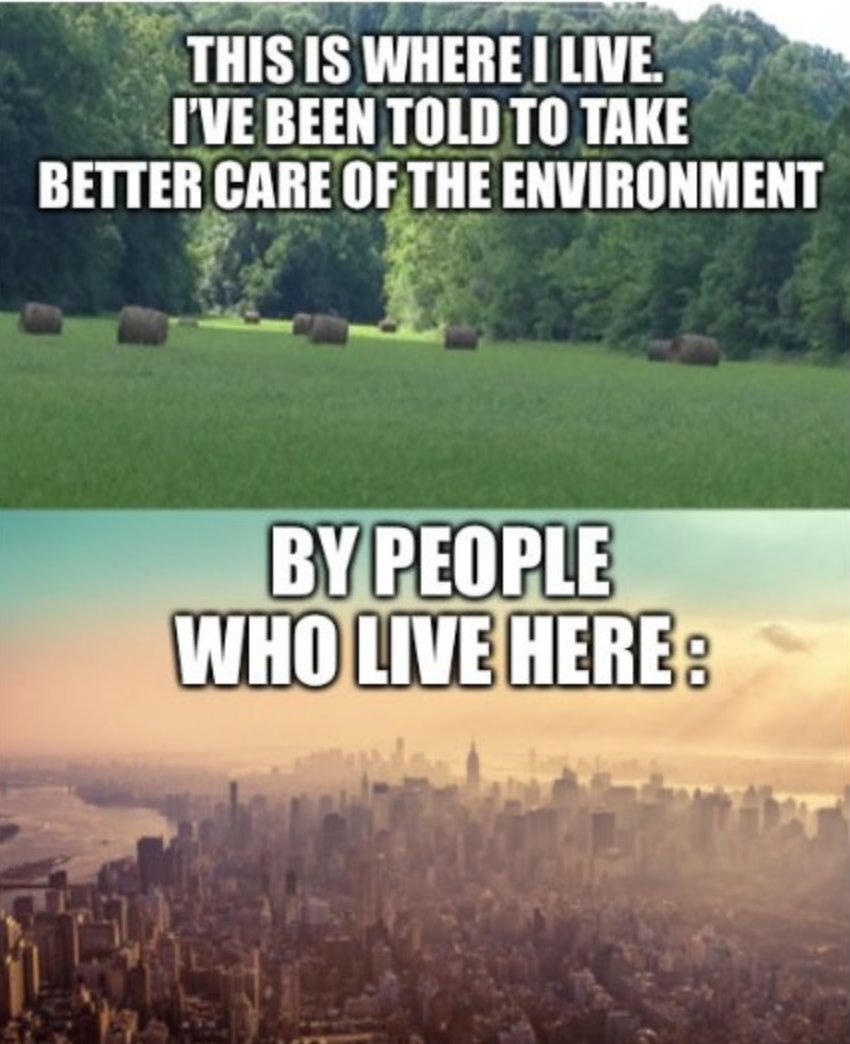It's almost comical -- a bunch of urban special interest groups got together and wrote a letter to their oracle, Joe Biden, and told him what rural landowners affected by new transmission want.
Now more than ever, we need strong environmental review and public engagement processes to avoid harming communities while effectively speeding up development of much-needed infrastructure to enable a rapid clean energy transition.
A recent study from MIT concludes that a significant hurdle in developing clean energy infrastructure projects is local opposition --and early community engagement can avoid delays or cancellations. To address this major slow down and to ensure that our new transmission is developed in an equitable manner, we must work with the very communities that our infrastructure is supposed to serve and not against them.
About that MIT study... it's pure garbage. The study makes up a completely unsupported conclusion for why certain transmission line projects studied were abandoned:
- Public Participation: Local residents (their legislative representatives and public agencies) oppose projects in which they believe their worries are not adequately being attended to by the developer.
The only thing that can end opposition to a transmission project is not to engage the landowners in the first instance. If you don't site overhead transmission across private property, then landowner opposition never forms. Planning new projects buried on existing highway or rail rights of way, or underwater, is a guarantee that no landowners are affected in the first place.
Of course, a bunch of special interests that live in the big cities and think they should be provided with "clean energy" produced elsewhere have absolutely no idea what people that live and work in rural areas want. If the cities want "clean energy" then they need to find ways to produce it themselves. Build a new nuclear power plant in your own city. It is not the responsibility of rural America to provide for all your needs. Self-sufficiency is highly valued in rural areas. You should try it sometime because rural folks will continue to resist.

 RSS Feed
RSS Feed